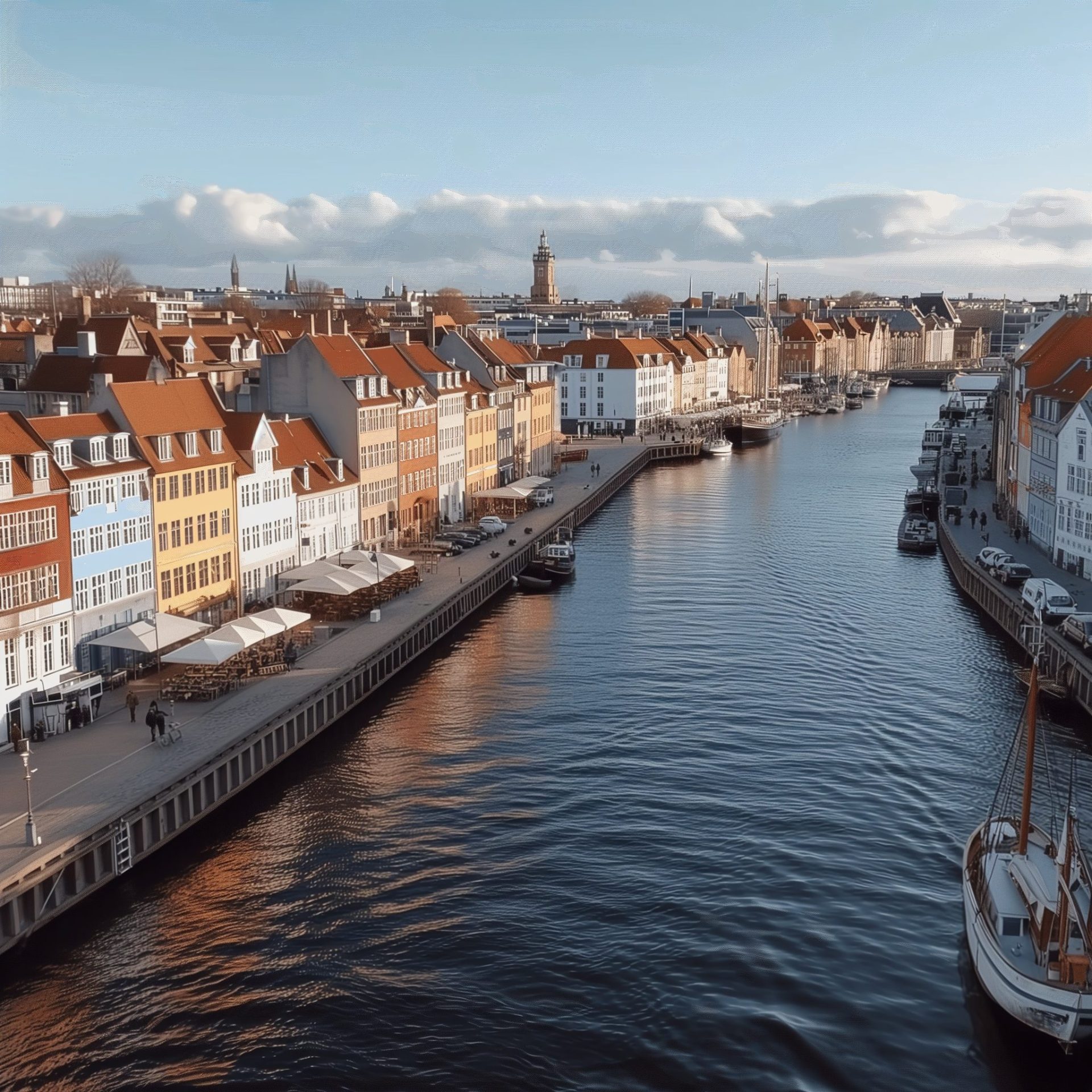As a researcher with a PhD in macroeconomic policies in the Nordic countries, I have always been fascinated by the unique nuances of the Danish economy and its business culture. Having spent years studying and immersing myself in the complexities of the Danish business landscape, I have gained valuable insights that I believe are essential for anyone looking to understand and navigate this thriving economy.
The Danish Economy: A Snapshot
Before delving into the intricacies of the Danish business culture, it is important to have a basic understanding of the country’s economy. Denmark, a small but prosperous Scandinavian nation, boasts a well-developed and highly diversified market economy. Supported by a high level of labor force participation and a robust welfare system, Denmark has consistently ranked as one of the world’s most competitive economies.
Despite being a small open economy, Denmark has managed to weather economic storms and maintain a stable growth trajectory. The country broadly follows a mixed economic model, combining free-market capitalism with a strong welfare state. This unique blend has fostered a business environment that prioritizes innovation, sustainability, and social responsibility.
The Danish Business Culture: Key Characteristics
1. Trust and Collaboration
One of the defining features of the Danish business culture is its emphasis on trust and collaboration. The concept of “tillid” (trust) is deeply ingrained in the Danish psyche and permeates every aspect of business dealings. In Danish companies, decisions are often made collaboratively, and trust is placed in employees to take ownership of their responsibilities.
- Trust (Tillid): In Denmark, trust is not just a buzzword; it is a fundamental pillar of business relations. The high level of trust within organizations fosters a sense of empowerment and accountability among employees.
- Collaboration (Samarbejde): Danish businesses prioritize collaboration and teamwork, valuing diverse perspectives and input from all levels of the organization.
2. Work-Life Balance
Another notable aspect of the Danish business culture is its strong emphasis on work-life balance. Danes place a high value on leisure time and personal fulfillment, which is reflected in their approach to work. Flexibility, autonomy, and a healthy work-life balance are seen as crucial elements for employee well-being and productivity.
- Work-Life Balance (Arbejde-liv balance): Danes prioritize a healthy equilibrium between their professional and personal lives, and businesses support this by offering flexible working arrangements and generous vacation time.
- Employee Well-Being (Medarbejdertrivsel): Danish companies invest in programs and initiatives aimed at promoting employee well-being, recognizing its impact on overall productivity and satisfaction.
3. Innovation and Sustainability
Denmark has gained global recognition for its commitment to innovation and sustainability. The Danish business culture encourages forward-thinking and environmentally conscious practices, leading to the development of cutting-edge technologies and solutions in various industries.
- Innovation (Innovation): Danish businesses prioritize innovation and creativity, seeking to stay ahead of the curve in a rapidly changing global market.
- Sustainability (Bæredygtighed): Environmental sustainability is a key focus for Danish companies, with many embracing eco-friendly practices and green initiatives.
Challenges and Opportunities
While the Danish business culture offers many advantages, it is not without its challenges. The high levels of taxation, stringent labor regulations, and a relatively small domestic market pose obstacles for businesses. However, these challenges are offset by the numerous opportunities for growth and innovation in Denmark, particularly in the areas of green technology, life sciences, and renewable energy.
Furthermore, Denmark’s strong emphasis on research and development, coupled with a highly educated workforce, creates an environment conducive to entrepreneurship and innovation. Danish businesses have a track record of adapting to global trends and leveraging their strengths to remain competitive on the international stage.
Conclusion
In conclusion, the Danish business culture is defined by its unique blend of trust, collaboration, work-life balance, innovation, and sustainability. Understanding and leveraging these key characteristics is essential for anyone looking to establish or operate a business in Denmark. While navigating the challenges of the Danish business landscape may require careful consideration, the potential for growth and success in this dynamic economy is undeniable.
As someone deeply invested in the study of Nordic economies, I believe that the Danish business culture offers valuable lessons for the global business community. By embracing the principles of trust, collaboration, and sustainability, businesses can not only thrive in Denmark but also contribute to a more inclusive and innovative global economy.





